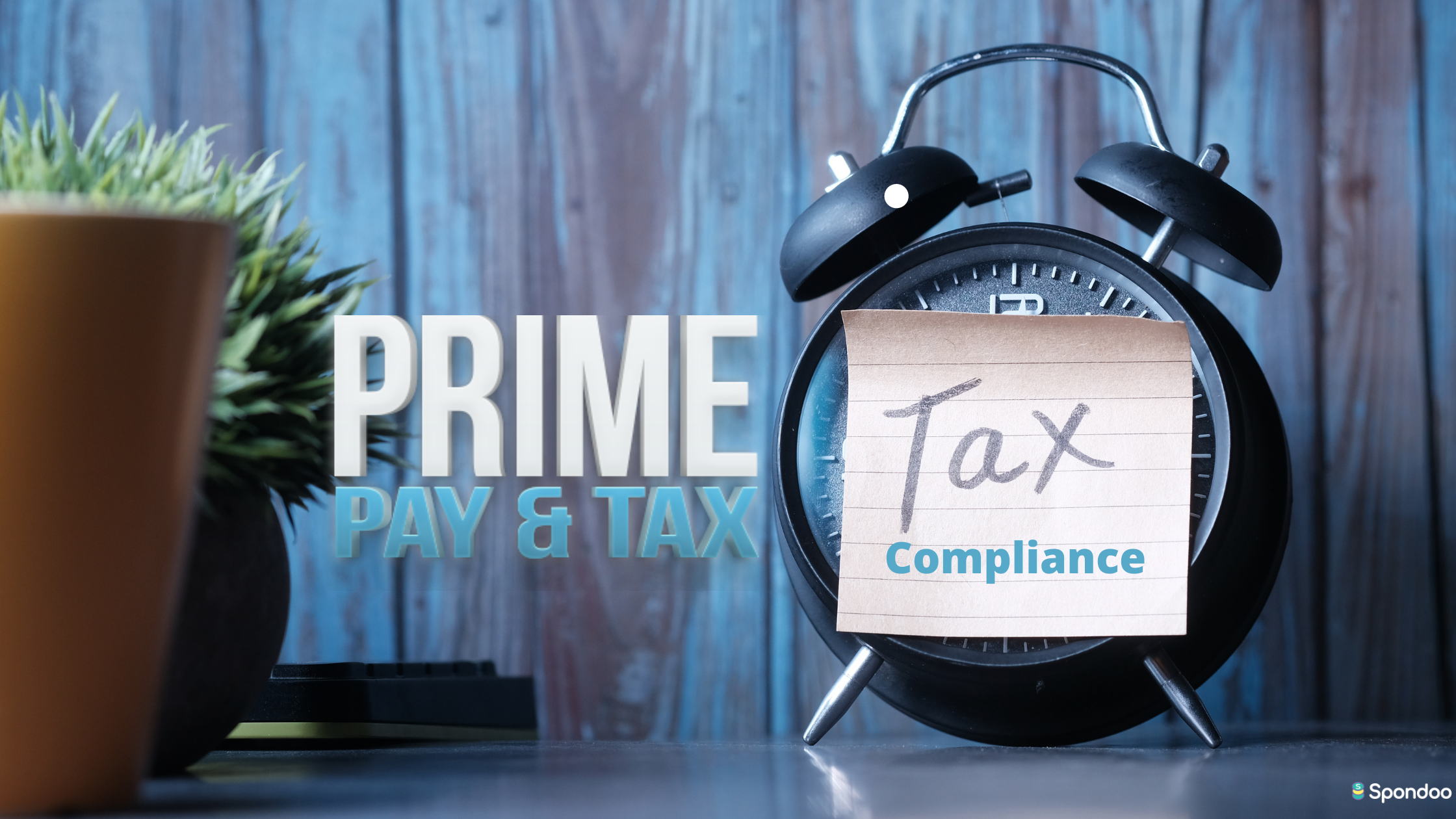
New coronavirus tax rules and radical shifts in employer expenditure will challenge the existing End of Year compliance processes for 2020/21.
The year-end procedures must identify taxable benefits and expenses and report these on the correct return, so income tax and NIC are paid at the correct rate and on time to HMRC.
Most employers would have seen a fall in the volume of expense claims and significant changes in expenditure on employee benefits and expenses during 2020/21.
But as expenses and benefits policies were changed to support new ways of working during the coronavirus outbreak – and benefit from temporary new exemptions and reliefs introduced to support new working patterns – employers also saw significant changes in the make-up of those claims and expenditure.
This affects year-end reporting processes. The impact for each employer will vary according to which new expenses and benefits were introduced across the workforce and whether the temporary new coronavirus exemptions and reliefs apply.
For many employers, these changes mean it is not going to be possible to replicate year-end processes from previous years.
Issues could arise gathering data; the pace at which employers had to adapt to change and remote working made it more difficult to apply the usual processes and controls to gather information to support claims and expenditure.
In view of this, and with continued pressure on resources, employers should get year-end processes underway as quickly as possible. Some specific issues to consider include:
Where reportable expenses and benefits are identified, employers need to consider whether they should be reported on employees’ Forms P11D or included in a new coronavirus expenses category in the PAYE Settlement Agreement (PSA).
The March Budget announced a new COVID-19 task force and therefore we can expect HMRC’s future enforcement activities to focus on coronavirus-related expenses and benefits. Employers should therefore retain evidence to support that relief was correctly due for any unreported expenses and benefits in the event of a review.
Additionally, the international displacement of workers due to the outbreak could give rise to the unexpected UK or overseas tax and social security liabilities, and employer withholding and reporting obligations. This could occur where mobile employees unexpectedly establish the UK or overseas tax residence or have more workdays in the UK or another jurisdiction than anticipated. Employers should therefore review their mobile workforce, identify any such exposures, and determine how these should be addressed, where necessary as part of their year-end compliance.
Key actions and deadlines are summarised below.
| Key action | Deadline |
| Provide employees with statements of payrolled benefits for 2020/21 | 1 June 2021 |
| Submit Short Term Business Visitor Return (STBV) | 30 June 2021 |
| Agree a PSA (or make changes to items covered under an existing PSA) for 2020/21 | 5 July 2021 |
| Submit Forms P11D and P11D(b) for 2020/21 | 6 July 2021 |
| Submit employment-related securities returns for 2020/21 and register new share plans | 6 July 2021 |
| Submit PSA computations for 2020/21 (HMRC usually impose this as a contractual deadline, but in some cases, it might be possible to agree on a later submission date) | 31 July 2021 |
| Pay tax/Class 1B NIC for 2020/21 PSA by post | 19 October 2021 |
| Pay tax/Class 1B NIC for 2020/21 PSA electronically | 22 October 2021 |
| Register to payroll benefits to be provided during 2022/23 | By 5 April 2022 |
We offer a range of year-end support to employers which includes the following:
